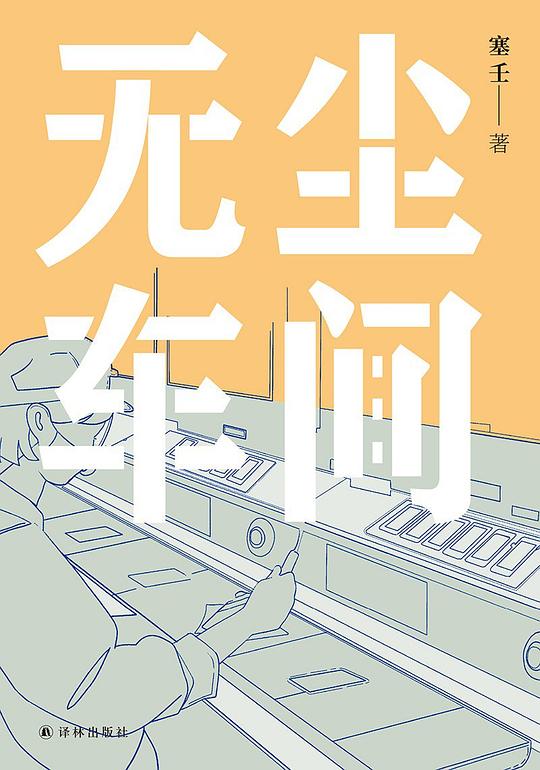
「无尘车间」生气反哺,完美呈现!
书名:无尘车间
1
0

锦绣未央 2023-06-08 17:42:33
“So, it is fair for me, who is not a working writer, to write about it. After all, it is not my fate, so why should I be in a hurry? Because I have no selfishness and no bias towards people and things I have seen, I can calmly write about it.”
When I read this sentence in the preface, it immediately raised red flags for me. Each sentence carries arrogance, bias, and a sense of superiority that the author seems oblivious to. I already had a bad feeling about this book, and as I read on, the author did not overturn her opinions. The book carries preconceived notions and does superficial "research" with an emotional bias. What was I expecting?
The author claims that the tone of working literature is: "hardship, overworked like a cattle, losing dignity, suffering from physical and spiritual anguish, despair, poverty, oppression, youth lost on the assembly line, injustice, discrimination, and forced absolute obedience." Having read many works of working literature, I cannot say those words describe all of them. I think the authors of working literature are a few who aspire to change their fate and escape their circumstances, which makes their works emotional and not universal. However, according to the authors observation, most workers are content with their situation and do not have "anger or a strong desire to change their fate." Therefore, she decided to spend over eighty days in the assembly line and work market in Dongguan to truly and objectively reflect the lives of real workers.
However, she breaks apart her lofty reasons in Chapter One: "Watching the news on the internet, scenes of mourners who lost their loved ones to the epidemic, didnt give me heart-wrenching pain. I dont know when this began, but I know its dangerous. For the quality of my soul and writing career, this is fatal." Therefore, the main reason she went to the factory to work is to save her own soul and writing career.
Next, lets take a closer look at what the author did. The first thing she did to prepare was to give up lipstick, perfume, and high-heeled shoes. She didnt think it fit in and didnt look like a production line worker. After looking at the factory treatment, the author began to admire her eight-hour workday as a paradise. So, was she here to observe or to compare with her world?
I was going to list everything she did, but its unnecessary. Every page has her biases. If she cant see job pressure, low wages, and the desire to earn more by working overtime, then it means the workers love working overtime? Without education or skilled work, the workers must work in electronics factories. She sees it as a good thing, with the factory as a safety net that allows workers to eat and has enough food, and says, "Sometimes, Im moved by sudden emotions that leave me stunned. Doing daily pay work will become my normal way of life. For no reason or goal, Ill just do it." Unfortunately, for those workers, they dont have a choice.
People who sit in the office also have occupational diseases such as cervical spondylosis, lumbar spondylosis, and eye strain, but she never mentions how working affects their health. Because eighty days is too short, the chronic wear and tear on the body has not yet manifested, and she has already completed her report. She also never truly wants to understand them. The book is filled with the authors feelings rather than the workers. She is only focused on how she can pose as a worker and says, "Whats terrifying is that becoming a machine is a very painful thing for me – I know what that means. Every cell in my body is restless, filled with DNA of questioning, offending, and resisting – even if I just need to act through the whole process." She disregards the workers confessions and ignores them completely from the start, saying, "I dont actually want to get close to someone for a purpose. This is my bottom line. Or perhaps, Im scared of exposing myself to others." Then she recklessly judges others, "I despised Zhao Ni, thinking she superficial, flippant, and money-loving."
She has always considered herself as someone from another world, so she is only curious and never puts herself in their shoes, she knows she only came to experience it, and she can return to her own world at any time. Therefore, she ignores why the workers want to work overtime, why there are more foreign workers, and why they do not want to contribute to social security. She blames them for producing unqualified products and dares to provoke and challenge authority because she is not afraid of being fired. She can sacrifice herself by leaving the job and leaving it to the child she thinks needs it, but the most absurd thing is that she would rather leave than earn a few thousand yuan this month because she only has so many days off and has to go back. Without regard for the shocked look in everyones eyes who treasures the money, she decides to leave.
Perhaps for her, these eighty days (in total) of blue-collar work were very rewarding. The meat of another world is even more delicious, and her work and life are too fortunate. Her exhausted soul has been nourished, and she now has material for writing, and even a deep understanding of working at the grassroots level. She believes that she can write about workers with a different perspective, but her arrogance has led her to reveal a distorted view of the workers lives. Only workers who hurt and understand one another can truly write working literature. The person from another world should not write at all.
相关推荐
萤火谷的梦想家
艾莉森•麦吉出生于1960年,是美国《纽约时报》畅销书作家,同时也是大都会州立大学创意写作课的教授。她的作品被翻译成20多种语言并出版,也曾被提名普利策奖,并获得苏斯博士奖金奖、克里斯托弗图书奖、美国 [美]艾莉森•麦吉/[美]克里斯托弗•丹尼斯/绘 2023-03-27 16:50:25鬼马女神捕1·绝密卧底(上)
腹黑凤凰vs毒舌鸡妖——蓝翎:“小姬,跟我去人界吧!”姬十四:“干吗?让人宰了我做小鸡炖蘑菇吗?”蓝翎:“不啊,让妖怪宰了你做小鸡炖蘑菇更气派。”凤凰蓝翎和鸡妖姬十四生活在无忧无虑的灵界。他们的故乡叫 郝天晓 2023-04-17 00:22:47© 2023-2025 百科书库. All Rights Reserved.


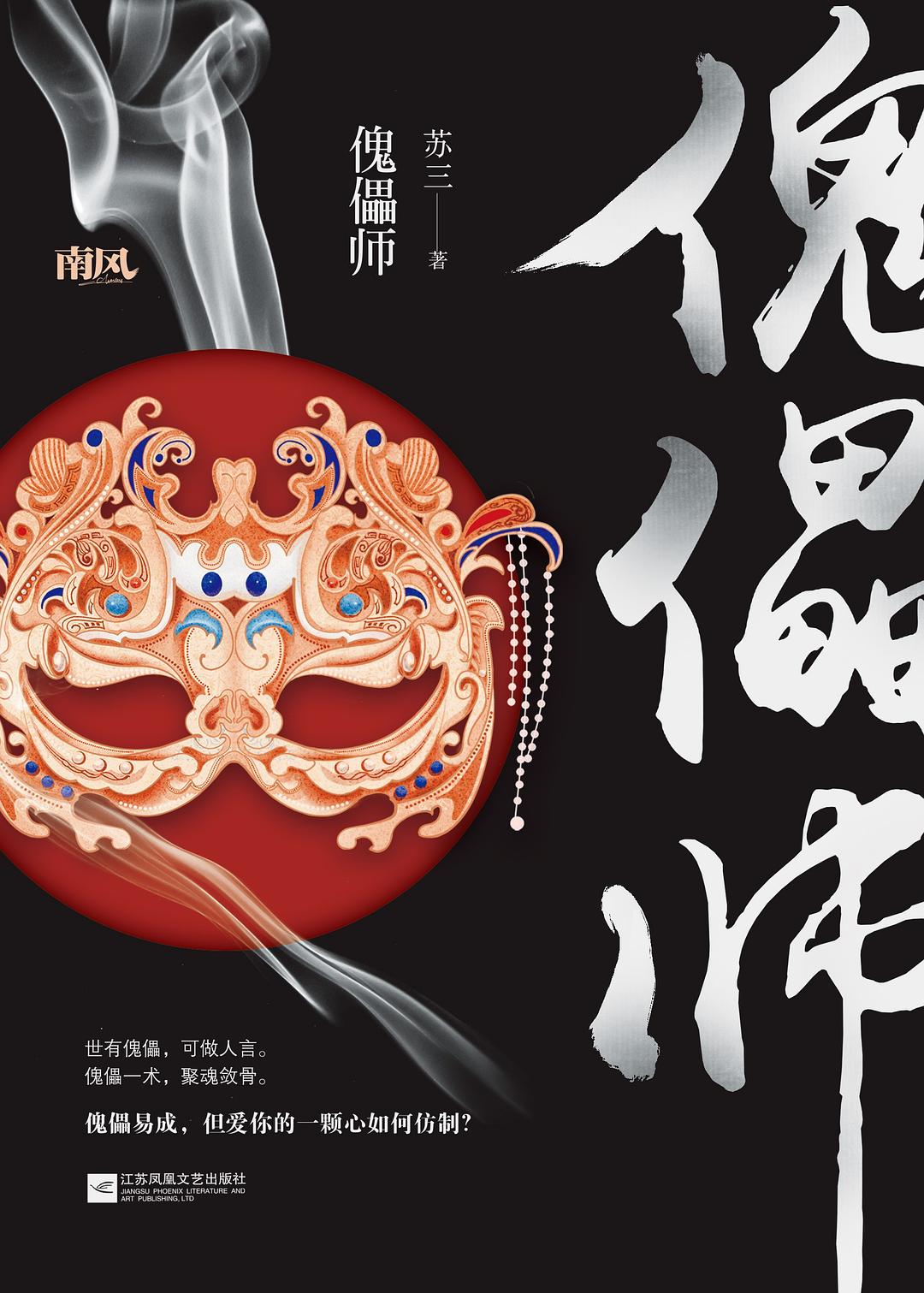
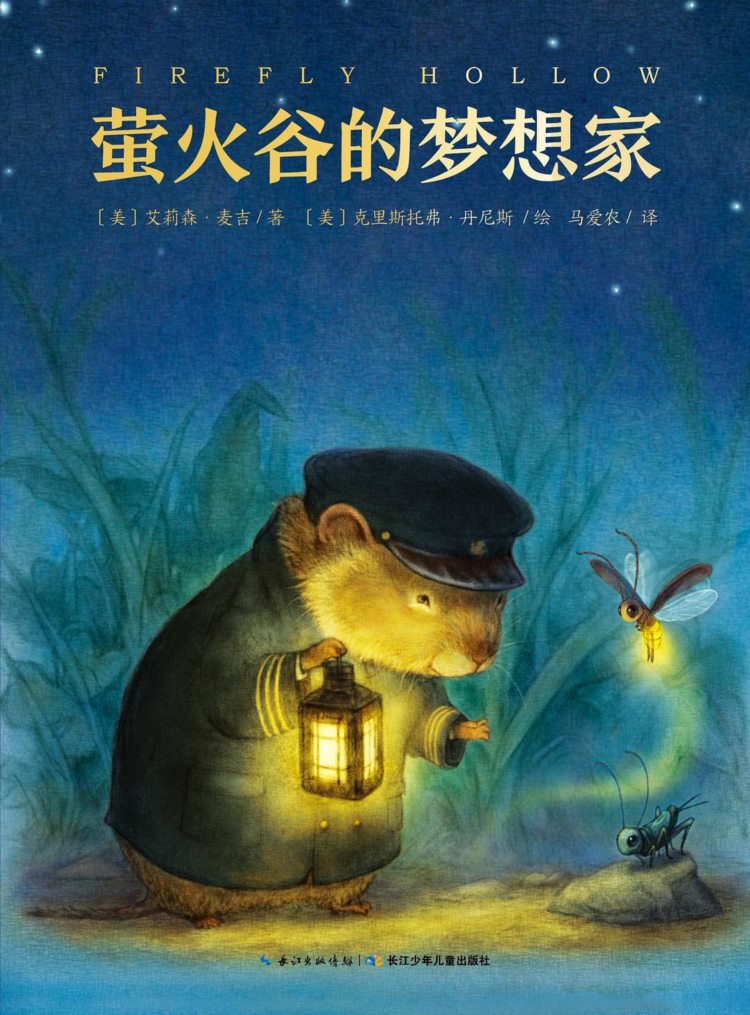
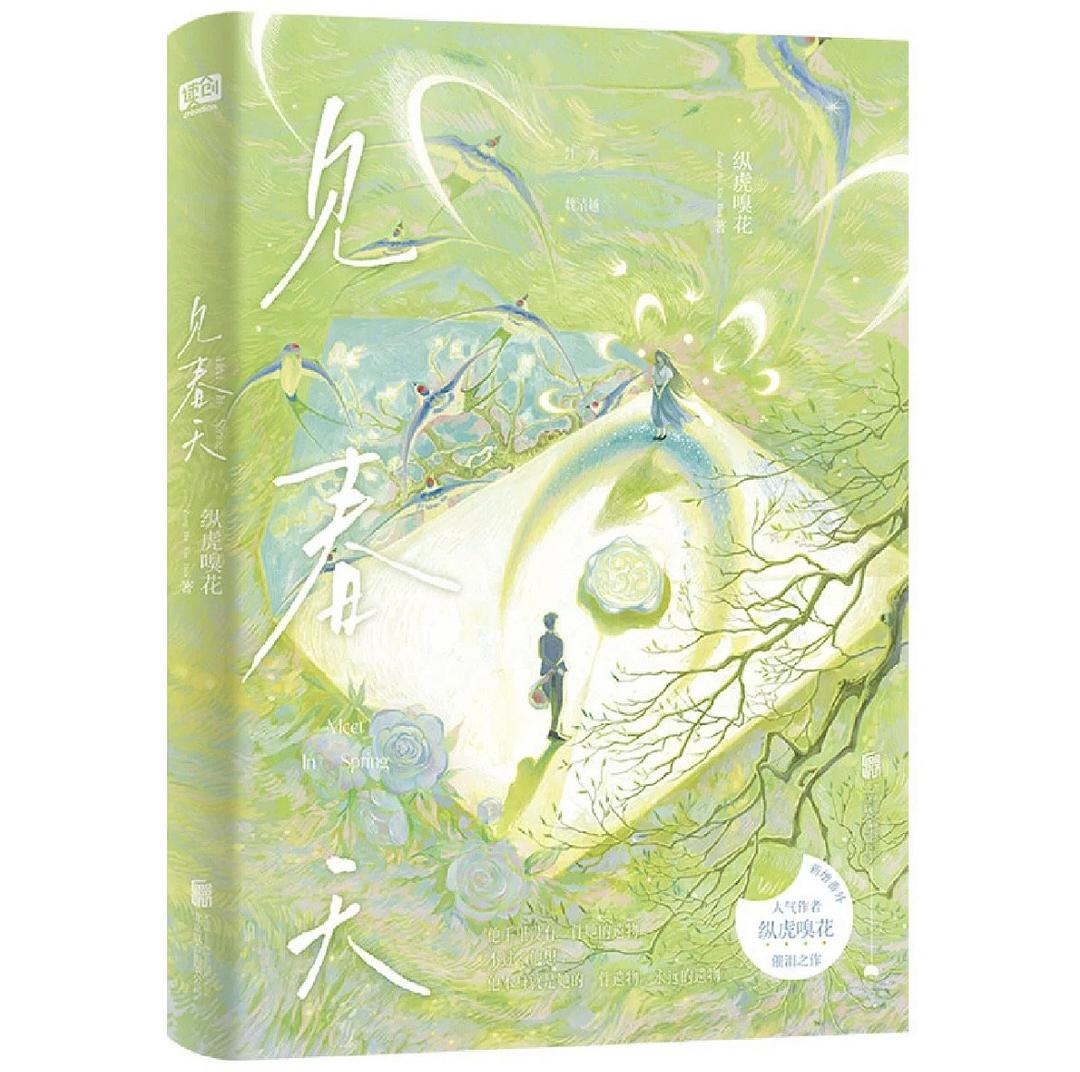

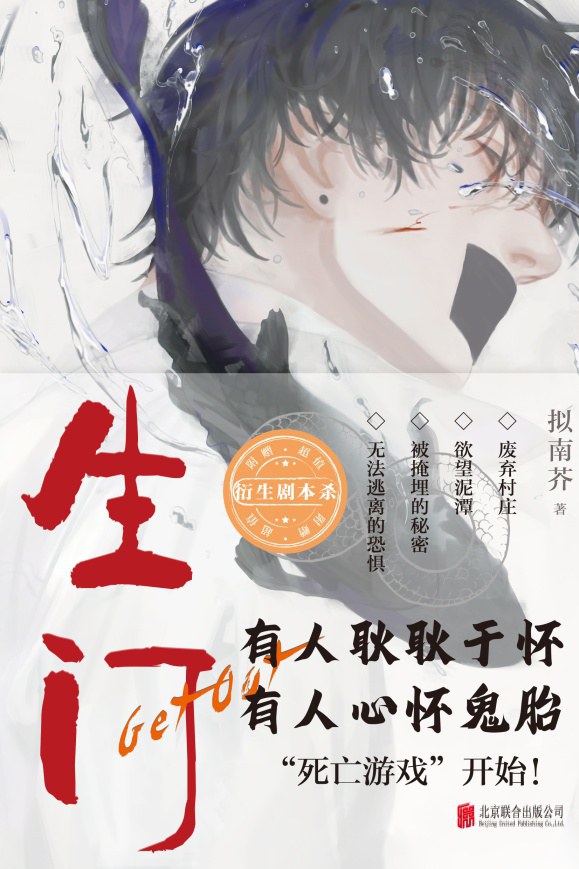

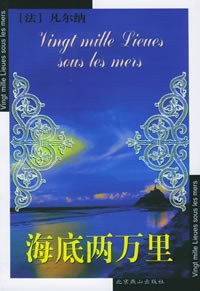
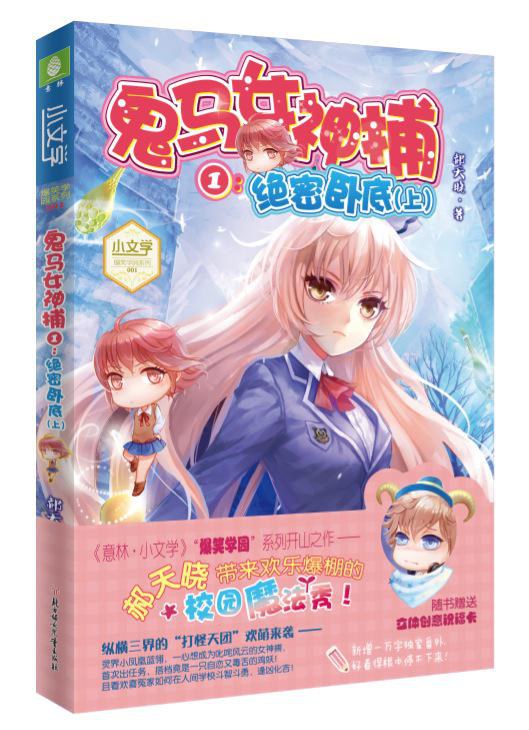
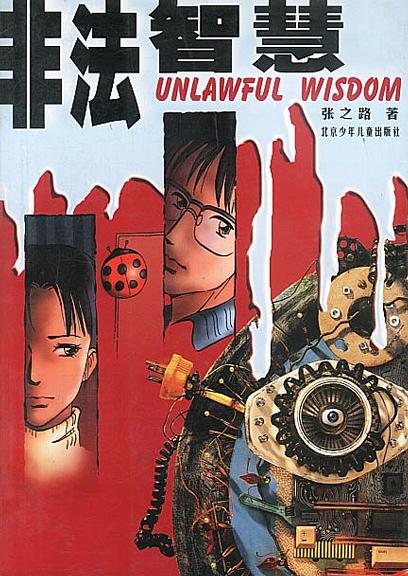
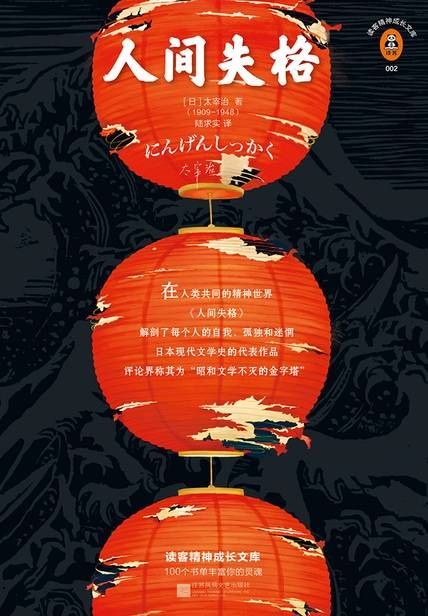
发表评价